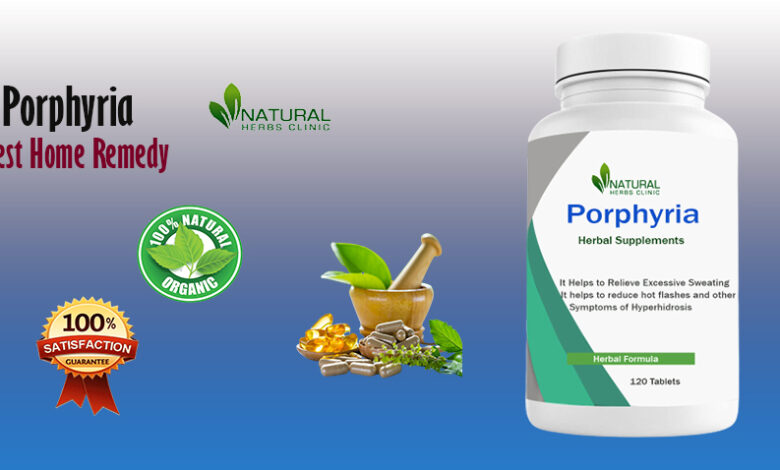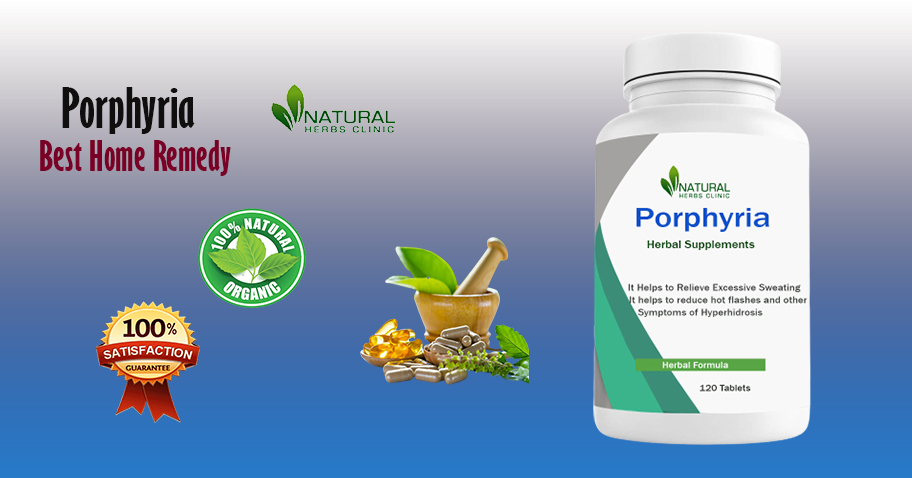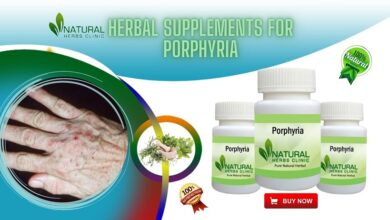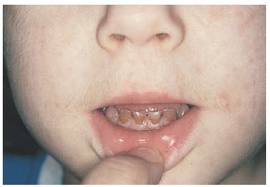Porphyria Home Treatments Get Knowledge How to Get Recovery

In this comprehensive guide, we’ll explore a variety of Porphyria Home Treatments, natural treatments, and herbal solutions that can help manage porphyria symptoms. Whether you’re already familiar with porphyria or just beginning your research.

Understanding Porphyria: A Brief Overview
Before delving into Porphyria Home Treatments, let’s briefly discuss what porphyria is and its different types. Porphyria is a group of rare disorders caused by an abnormal accumulation of porphyrins—essential compounds for the production of hemoglobin in our red blood cells. There are several types of porphyria, each with distinct symptoms and triggers. The most common types include:
Acute Intermittent Porphyria (AIP)
- Characterized by severe abdominal pain, muscle weakness, and neurological symptoms.
Cutaneous Porphyria
- Affecting the skin, this type often leads to photosensitivity, blisters, and skin lesions.
Erythropoietic Protoporphyria (EPP)
- Mainly causes skin symptoms, such as painful photosensitivity.
Congenital Erythropoietic Porphyria (CEP)
- Present at birth and results in severe skin issues and hemolytic anemia.
It’s important to note that porphyria is a complex condition with a range of symptoms, and Porphyria Natural Treatment should involve consultation with a healthcare professional. However, these Porphyria Home Treatments can complement medical interventions and provide relief for some individuals.
Porphyria is a group of rare genetic disorders that affect the nervous system and skin due to the abnormal accumulation of porphyrins—essential compounds for the production of hemoglobin in red blood cells. Understanding the symptoms, causes, and available Natural Remedies for Porphyria is crucial for those affected by this challenging condition.
Symptoms of Porphyria
Porphyria symptoms can vary depending on the type of porphyria a person has. Some common symptoms include: Symptoms can be lessen by using Porphyria Home Treatments.
Abdominal Pain
- Acute Intermittent Porphyria (AIP) often presents with severe abdominal pain, sometimes accompanied by nausea and vomiting.
Skin Issues
- Cutaneous porphyria types can lead to photosensitivity, causing blistering, skin lesions, and skin fragility.
Neurological Symptoms
- Many individuals with porphyria experience neurological symptoms such as muscle weakness, seizures, and even paralysis during acute attacks.
Psychological Symptoms
- Some types of porphyria, like acute porphyria, may lead to mood disorders, anxiety, and depression.
Urinary Symptoms
- Dark urine may occur due to the presence of excess porphyrins.
Causes of Porphyria
Porphyria is primarily caused by genetic mutations that disrupt the production of enzymes responsible for hemoglobin synthesis. Several factors can trigger porphyria attacks, including:
Hormonal Changes
- Hormonal fluctuations, such as those occurring during menstruation or pregnancy, can trigger porphyria symptoms.
Medications
- Some medications, such as certain antibiotics and contraceptives, can exacerbate porphyria symptoms.
Alcohol and Diet
- Excessive alcohol consumption and high-iron diets can worsen symptoms in some individuals.
Available Treatments
While there is no cure for porphyria, various treatments aim to manage symptoms and prevent acute attacks. Treatment options include:
Medications
- Medications like heme therapy can help manage acute porphyria attacks by reducing the buildup of porphyrins.
Lifestyle Modifications
- Dietary changes, such as reducing iron intake and avoiding alcohol, can help prevent symptom exacerbation.
Pain Management
- Pain relief medications may be prescribed to manage severe abdominal pain during acute attacks.
Avoiding Trigger Factors
- Identifying and avoiding triggers, such as certain medications or stressors, is essential to prevent acute porphyria attacks.
Supportive Care
- In severe cases, hospitalization may be necessary to provide supportive care and manage complications.
Herbal Remedies for Porphyria
Herbal Treatment for Porphyria have been used for centuries to alleviate various health conditions, and porphyria is no exception. Here are some herbal remedies that may help manage porphyria symptoms:
St. John’s Wort
- St. John’s Wort is known for its potential to reduce photosensitivity, a common issue in cutaneous porphyria. It may also help with mood regulation.
Dandelion Root
- Dandelion root is believed to support the liver, which plays a crucial role in the breakdown of porphyrins. By promoting liver health, it may help reduce porphyria symptoms.
Chamomile
- Chamomile has anti-inflammatory properties that could potentially soothe skin irritations caused by cutaneous porphyria. One of the best option for Porphyria Home Treatments.
Dietary Modifications and Porphyria Home Treatments
Proper nutrition can significantly impact porphyria symptoms. Consider making these dietary changes:
Low-Iron Diet
- Reducing dietary iron intake may help minimize the production of excess porphyrins. Limit red meat, organ meats, and iron-fortified foods.
High-Carbohydrate Diet
- Carbohydrates can promote the excretion of porphyrins and may reduce their accumulation in the body.
Avoid Alcohol and Caffeine
- Both alcohol and caffeine can exacerbate porphyria symptoms. Eliminate or minimize their consumption.
Stress Management Techniques
Stress can trigger porphyria attacks. To reduce stress and improve overall well-being, consider the following techniques:
Meditation and Deep Breathing
- Practicing mindfulness meditation and deep breathing exercises can help manage stress levels.
Yoga
- Yoga combines physical postures with relaxation techniques, promoting stress reduction and flexibility.
Porphyria is a challenging condition that requires medical attention and a comprehensive treatment plan. While there is no cure for porphyria, these Porphyria Home Treatments, dietary modifications, and stress management techniques can play a valuable role in symptom management and improving the quality of life for individuals living with porphyria. It’s essential to consult with a healthcare professional to create a personalized approach that addresses your specific needs and concerns. By incorporating these natural methods alongside medical treatment, you can work towards a better quality of life with porphyria.



